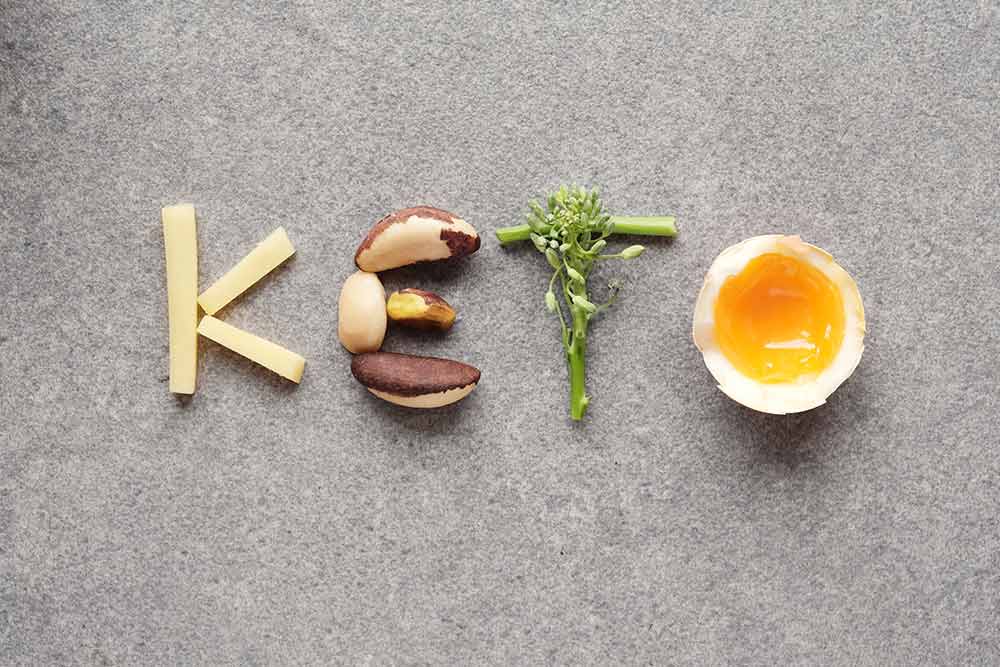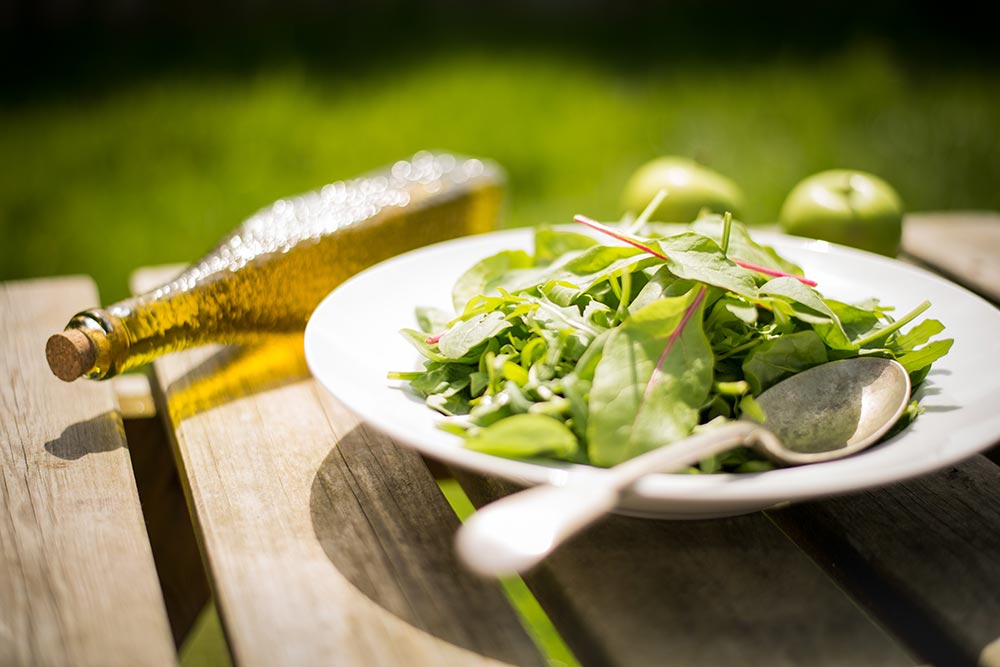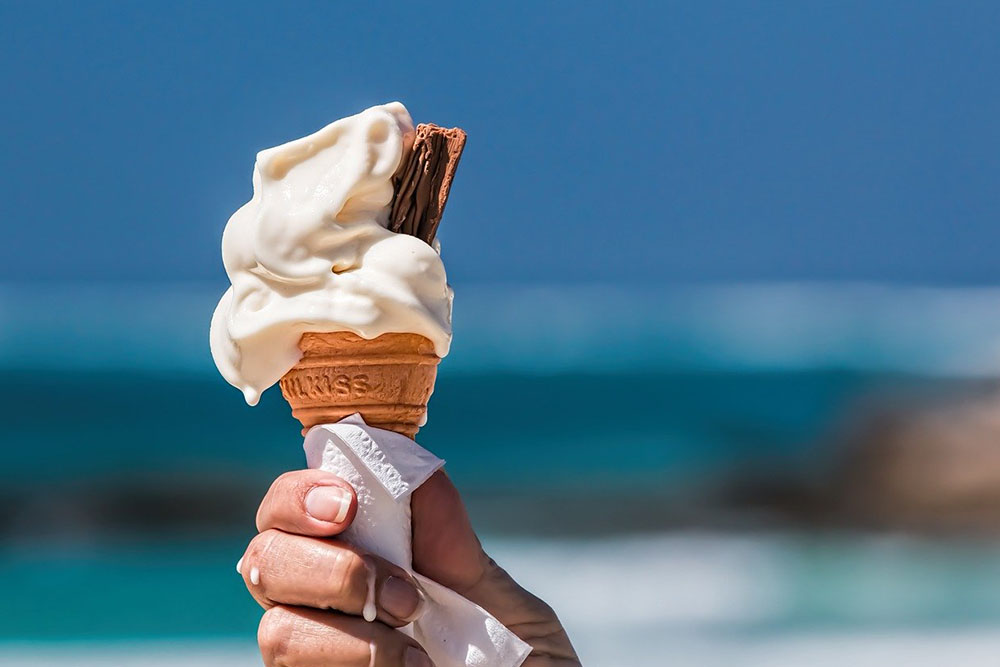A Taste Of Sugary Drinks May Improve Athletic Performance
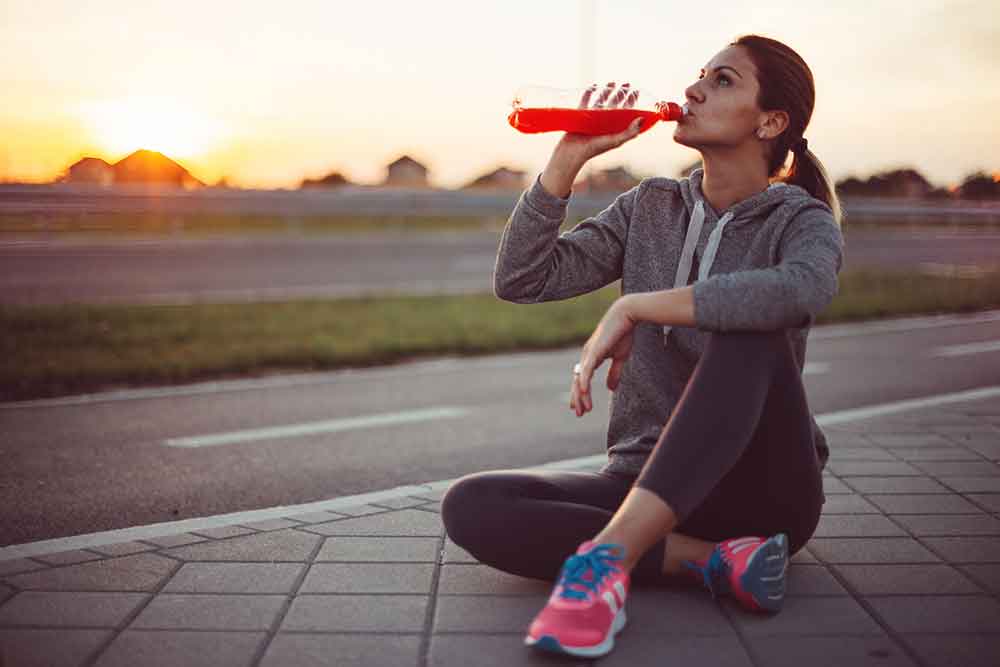
Dayton Kelly
SUMMARY: High carbohydrate drinks improve short term performance (<1 hour) when swished in the mouth without swallowing (Burke & Maughan, 2015). Swallowing may increase performance benefits, but at the risk of discomfort during performance (i.e. nausea, bloating).
Current research suggests high carbohydrate drinks improve performance through altering the perception of fatigue rather than by refueling energy stores (Burke & Maughan, 2015). The following has been largely adapted from review of the literature performed by Burke and Maughan (2015).
Carbohydrates do not refuel muscles quickly enough to account for changes in performance.
The use of a sugary drink such as Coca-Cola or Gatorade to speed recovery is commonplace in many sports. It has been thought that ingesting these drinks may refuel energy reserves allowing athletes to continue in the face of exhaustion (Burke & Maughan, 2015).
The benefit of such drinks in this regard is well documented; it is clear the ingestion of carbohydrates in the form of sugar can improve performance in the short term. However, it is not clear how this occurs (Burke & Maughan, 2015). While carbohydrate ingestion over longer periods does result in refueled muscle glycogen (an important indicator of muscle-energy reserves), the speed at which carbohydrates are absorbed and transported to the working muscle is too slow to account for changes in performance if the drink is ingested during exercise. (Burke, Wood, Pyne, Telford, & Saunders, 2005). Instead of acting in this metabolic manner, current research is suggesting a neural mechanism.
Related Article: The Truth About Carbo Loading
Sugar Affects the Brain!
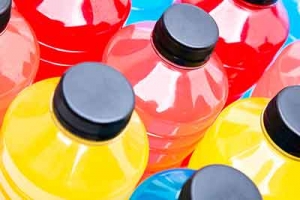 It is proposed that receptors in the mouth and along the gastrointestinal tract bind sugars and other molecules as they are ingested and influence the brain’s reward and motor systems (Burke & Maughan, 2015).
It is proposed that receptors in the mouth and along the gastrointestinal tract bind sugars and other molecules as they are ingested and influence the brain’s reward and motor systems (Burke & Maughan, 2015).
What does the brain have to do with fatigue? The answer: everything. While levels of carbohydrates, heart rate, and core temperature (among many other physiological markers) can influence the perception of fatigue, it is ultimately the experience of fatigue that causes us to discontinue exercise.
This experience is thought to be an evolutionary adaption that prevents us from pushing ourselves to dangerous internal conditions (Burke & Maughan, 2015). Therefore, there is the potential to “trick” ourselves to push on. This is the general idea as to why swishing a carbohydrate drink in your mouth can improve your performance.
Related Article: Fat, Carbs, Protein And Recovery. Is There A Silver Bullet?
Support for this theory has come in many forms:
- Neurotransmitter (signaling molecules in the brain) modifying drugs have been shown to reduce aerobic performance (Wilson & Maughan, 1992). This demonstrates the brain can alter maximal exertion.
- Carbohydrate solutions taken orally have been shown to offer performance improvement where solutions given intravenously have not (Jeukendrup, Brouns, Wagenmakers, & Saris, 1997; Carter, Jeukendrup, Mann, & Jones, 2004). This suggests the GI tract must be in some way related to the improvement in performance.
- Carbohydrate drinks given to exercisers with adequate energy reserves still show improvements in performance (Jeukendrup, Brouns, Wagenmakers, & Saris, 1997; Carter, Jeukendrup, & Jones, 2004a; Carter, Jeukendrup, Mann, & Jones, 2004b). It is therefore unlikely benefits are derived from refueling working muscles.
- Carbohydrates, when in the mouth, have been shown to alter brain activity in a manner that has previously been associated with changes in exercise performance (Wilson & Maughan, 1992; Chambers, Bridge, & Jones, 2009; Burke & Maughan, 2015).
- Numerous studies have demonstrated improved performance when subjects drink, swirl, and then spit out sugary drinks. (Chambers, Bridge, & Jones, 2009; Pottier, Bouckaert, Gilis, Roels, & Derave, 2010; Lane, Bird, Burke, & Hawley, 2012; Sinclair, et al., 2014).
Takeaway
Based on these findings, it is worth trying a flat soda the next time you are on a long bike ride to see for yourself! It is worthwhile to note that although the effect of swirling a carbohydrate drink in your mouth is highest after dietary fasting, the best performance is achieved through both eating beforehand and then ingesting a sugary drink (Burke & Maughan, 2015).
Should it be a hot day, drinking the beverage cold offers even more improvement. While swallowing the drink has shown the greatest increases in performance, drinking large volumes may cause bloating or nausea. Swirling in the mouth and spitting is recommended for individuals concerned with discomfort (Burke & Maughan, 2015).
Related Article: Should I Eat Before Or After My HIIT Workout?
Happy training Forever Fit Sciences!
You Might Like:
The Effects of Exercising On a High Fat Diet
Hunter Bennett When it comes to diet, there is an incredible amount of information out there – but unfortunately, most of it is somewhat conflicting. There are certain individuals who swear by a high carbohydrate...Can Nitrate Rich Vegetables Boost Your Endurance?
Dayton Kelly This article was adapted from a combination of speeches given at the European Sports Science Conference 2018, most notably Cindy Van Der Avoort (Han University of Applied Sciences, Maastricht University Medical Center+,...Fill Up On Omega-3s
Dayton Kelly This article was adapted from a combination of speeches given at the European Sports Science Conference 2017, most notably Edholm, P. et al. . Fill up on Omega-3s for strength, lean mass and...Stopping To Drink: Is It Worth The Time?
Dayton Kelly This article was adapted from a combination of speeches given at the European Sports Science Conference 2017, most notably Lewis James PhD (Loughbrough University, UK). Research in dehydration and exercise has long been...The Truth About Carbo Loading
Evan Stevens Carbo Loading Carb loading, for those who haven’t been around sport for the past 40 years or so, is when you workout really hard, deplete a lot of your glycogen, and then stuff...How Much Protein Do Women Really Need?
Lauren Rubadeau How Much Protein Do Women Need Based on their Activity Level? With New Year’s resolutions in full swing and many looking to improve their health in 2017, I am here today to touch...References
Burke, L. M., & Maughan, R. J. (2015). The Governor has a sweet tooth–mouth sensing of nutrients to enhance sports performance. European journal of sport science, 15(1), 29-40. Retrieved from http://www.tandfonline.com/doi/abs/10.1080/17461391.2014.971880?journalCode=tejs20.
Burke, L. M., Wood, C., Pyne, D. B., Telford, R. D., & Saunders, P. U. (2005). Effect of carbohydrate intake on half-marathon performance of well-trained runners. International journal of sport nutrition and exercise metabolism, 15(6), 573-589. Retrieved from https://www.researchgate.net/profile/Louise_Burke2/publication/7256034_Effect_of_Carbohydrate_Intake_on_Half-Marathon_Performance_of_Well-Trained_Runners/links/09e4150daece98786b000000/Effect-of-Carbohydrate-Intake-on-Half-M.
Carter, J. M., Jeukendrup, A. E., & Jones, D. A. (2004a). The effect of carbohydrate mouth rinse on 1-h cycle time trial performance. Medicine & Science in Sports & Exercise, 36(12), 2107-2111. http://ovidsp.tx.ovid.com.cat1.lib.trentu.ca:8080/sp-3.27.1a/ovidweb.cgi?QS2=434f4e1a73d37e8c3b61fcc465cfeaf28c51fdcbc2c566fbdb9194c178199aacc3070c2b2aa97aa826208dadc852319e8c7e427660918b50b53f70668ca8a3597478433c9533ccc9950ce69e0772535.
Carter, J. M., Jeukendrup, A. E., Mann, C. H., & Jones, D. A. (2004b). The effect of glucose infusion on glucose kinetics during a 1-h time trial. Medicine and Science in Sports and Exercise, 36(9), 1543-1550. Retrieved from http://europepmc.org/abstract/med/15354036.
Chambers, E. S., Bridge, M. W., & Jones, D. A. (2009). Carbohydrate sensing in the human mouth: effects on exercise performance and brain activity. The Journal of Physiology, 587(8), 1779-1794. doi:10.1113/jphysiol.2008.164285.
Jeukendrup, A., Brouns, F. J., Wagenmakers, A. J., & Saris, W. H. (1997). Carbohydrate-electrolyte feedings improve 1 h time trial cycling performance. International journal of sports medicine, 18(2), 125-129. https://cris.maastrichtuniversity.nl/portal/files/978680/guid-af9c6b0f-3612-48f4-a742-28322413ee47-ASSET1.0.
Lane, S. C., Bird, S. R., Burke, L. M., & Hawley, J. A. (2012). Effect of a carbohydrate mouth rinse on simulated cycling time-trial performance commenced in a fed or fasted state. Applied Physiology, Nutrition, and Metabolism, 38(2), 134-139. Retrieved from https://s3.amazonaws.com/academia.edu.documents/45392275/Effect_of_a_carbohydrate_mouth_rinse_on_20160505-30849-m49mw0.pdf?AWSAccessKeyId=AKIAIWOWYYGZ2Y53UL3A&Expires=1509333322&Signature=VkX5jfwl6OPME5ILfGmnjGdnowA%3D&respo.
Pottier, A., Bouckaert, J., Gilis, W., Roels, T., & Derave, W. (2010). Mouth rinse but not ingestion of a carbohydrate solution improves 1‐h cycle time trial performance. Scandinavian Journal of Medicine & Science in Sports, 20(1), 105-111. Retrieved from http://citeseerx.ist.psu.edu/viewdoc/download?doi=10.1.1.901.1171&rep=rep1&type=pdf.
Sinclair, J., Bottoms, L., Flynn, C., Bradley, E., Alexander, G., McCullagh, S., . . . Hurst, H. T. (2014). The effect of different durations of carbohydrate mouth rinse on cycling performance. European journal of sport science, 14(3), 259-264. Retrieved from http://www.tandfonline.com/doi/abs/10.1080/17461391.2013.785599.
Wilson, W. M., & Maughan, R. J. (1992). Evidence for a possible role of 5‐hydroxytryptamine in the genesis of fatigue in man: Administration of paroxetine, a 5‐HT re‐uptake inhibitor, reduces the capacity to perform prolonged exercise. Experimental Physiology, 77(6), 921-924. Retrieved from http://onlinelibrary.wiley.com/doi/10.1113/expphysiol.1992.sp003660/pdf.

